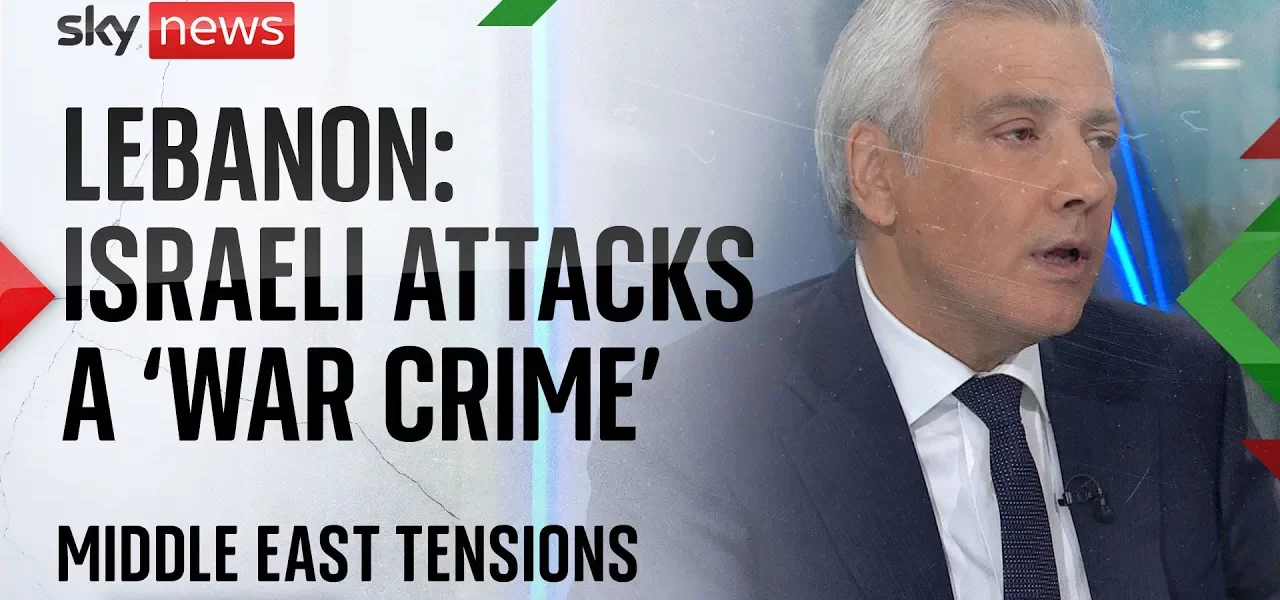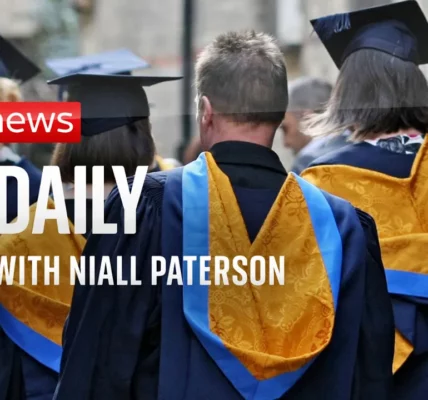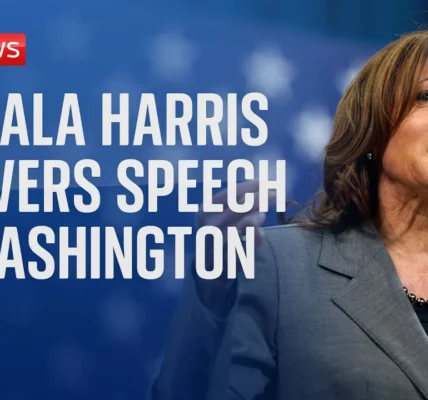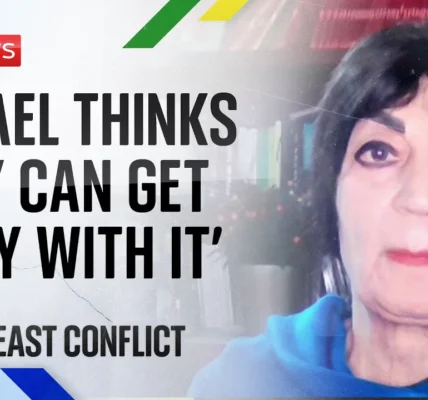Lebanon’s Explosions and Regional Tensions: An Interview with Ambassador Ramy Mada

This article delves into the recent explosions in Lebanon linked to Hezbollah, the implications for regional stability, and insights from Ambassador Ramy Mada on the broader Middle Eastern conflict.
Introduction
In recent days, Lebanon has witnessed devastating explosions resulting in the loss of at least 20 lives, a grim reminder of the ongoing tensions in the region. Ambassador Ramy Mada of Lebanon to the United Kingdom discusses the implications of these events, the role of Israel, and the urgent need for diplomatic efforts to prevent further escalation. The ambassador’s insights shed light on the complexities of Middle Eastern politics, where the interplay of local and international forces continues to shape the narrative of conflict and peace.
The Recent Explosions in Lebanon
The recent explosions attributed to communication devices used by Hezbollah have raised significant concerns about civilian safety and the legality of military actions taken by Israel. The ambassador describes these bombings as a clear violation of international law.
Understanding the Impact
- Over 20 casualties, including children and non-combatants.
- International condemnation of indiscriminate targeting.
- Potential for increased regional instability.
Legal Ramifications
According to the United Nations, the use of such tactics by Israel amounts to war crimes, especially given the lack of precise intelligence regarding the locations of Hezbollah operatives. The ambassador emphasizes the need for accountability and adherence to international law in military engagements.
The Call for Diplomatic Solutions
Amidst the chaos, Ambassador Mada stresses the importance of diplomatic negotiations aimed at establishing a ceasefire and de-escalating tensions in the region.
Ceasefire Initiatives
The ambassador notes that mediators, particularly the United States, have been engaged in discussions aimed at achieving a ceasefire in Gaza. He highlights the necessity of parallel negotiations to address the situation in Lebanon.
Challenges to Peace
- Lack of cooperation from the Israeli government.
- Continual missile attacks from Hezbollah.
- Internal political pressures within Israel impacting decisions.
These challenges complicate the search for a peaceful resolution and highlight the urgent need for collaborative efforts from all parties involved.
The Role of International Players
The ambassador points out the significant role of international actors in mediating peace talks and the necessity of their continued involvement.
The American Mediation Efforts
He emphasizes that American diplomatic efforts have been crucial in attempting to de-escalate tensions. However, he expresses concern about the Israeli government’s apparent reluctance to engage fully in peace talks.
The United Nations’ Contribution
The United Nations plays a vital role in maintaining peace and security in the region, with resolutions such as UN Security Council Resolution 1701 providing a framework for de-escalation.
Future Implications for Lebanon and the Region
The ongoing conflict poses significant risks not only for Lebanon but for the entire Middle East. Ambassador Mada warns of the potential for an all-out war if diplomatic efforts fail.
Risk of Escalation
The escalation of military actions could lead to a broader regional conflict, drawing in various stakeholders and exacerbating humanitarian crises.
The Role of Political Leadership
Leadership decisions on both sides are critical. Ambassador Mada suggests that the Israeli leadership, particularly Prime Minister Netanyahu, is influenced by internal political dynamics, which often prioritize military action over peace.
Conclusion
In conclusion, the recent explosions in Lebanon illustrate the fragile state of peace in the region and the urgent necessity for diplomatic engagement. Ambassador Ramy Mada’s call for a ceasefire and cooperative efforts highlights the potential for a peaceful resolution if all parties are willing to engage sincerely. It is imperative for local and international leaders to prioritize dialogue and de-escalation to prevent further loss of life and regional instability. As citizens of the world, we must advocate for peace and support diplomatic solutions to this ongoing crisis.
Call to Action: Stay informed on the developments in the Middle East and support initiatives that promote peace and dialogue.
“`




